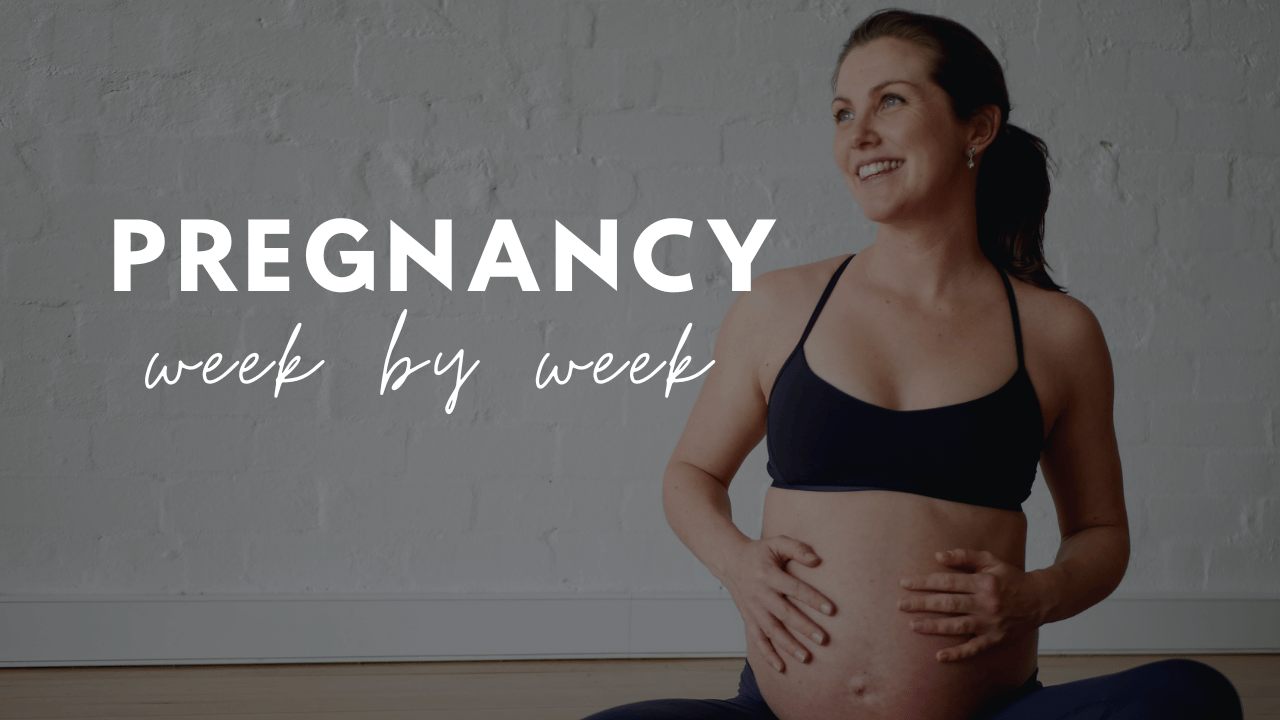Swelling during Pregnancy When to Worry

Swelling during Pregnancy
So how do you reduce swelling in pregnancy? When should I worry? I get it. This new body change can cause anxiety as you are unsure if it is something to worry about or not.
The best advice I can give you right now is to see your doctor and alleviate some of that worry.
When you are pregnant, edema occurs when body fluids increase to nurture both you and your baby.
Fluids Accumulate
As a result, these fluids accumulate in your tissues due to increased blood flow and pressure of your growing uterus on the pelvic veins and your vena cava..
Pregnancy swelling - it's a common complaint among expectant moms, and for good reason. Let's face it, our bodies are going through some major changes, and it's natural to wonder what's normal and what's not.
Is it Normal?
When it comes to pregnancy swelling, there's a fine line between what's just a normal part of pregnancy and what could be a sign of something more serious.
As an expectant mom, it's essential to know when to worry and when to just roll with it.
So, let's get into it. When should you be concerned about swelling during pregnancy?
In a healthy pregnancy, some swelling is to be expected. Your body is holding onto more fluid to support the growth of your baby, and this can cause your feet, ankles, and hands to puff up a bit.
But how do you know when this swelling is crossing the line into something more serious?
Is it Rapid Swelling?
The first thing to keep in mind is that a sudden and rapid increase in swelling is never a good sign. If you notice that your feet and ankles are swelling more than usual, it's essential to speak with your healthcare provider.
They'll be able to determine if this swelling is related to your pregnancy or if it's a sign of something else going on. In some cases, excessive swelling can be a sign of preeclampsia, a condition that affects about 2-8% of pregnancies.
Preeclampsia
Preeclampsia is a serious condition that can cause high blood pressure and damage to your organs, including your kidneys and liver. It's essential to get regular prenatal care and to report any sudden changes in your body to your healthcare provider.
They'll be able to monitor your blood pressure and check for any signs of preeclampsia.
How do You Know?
So, how do you know when swelling is just a normal part of pregnancy and when it's a sign of something more serious?
If you're experiencing severe headaches, vision changes, or belly pain in addition to swelling, it's essential to seek medical attention right away.
Swelling during pregnancy
When it comes to swelling during pregnancy, there are several factors at play. One of the main causes is the increase in blood volume, which can cause your blood vessels to dilate and lead to fluid retention.
This can be exacerbated by the pressure of your growing uterus on your veins, which can slow down blood flow and cause fluid to build up in your legs and feet.
Body Changes
As your body adapts to these changes, you may notice that your rings don't fit anymore, or that your shoes feel tighter than usual. In most cases, this type of swelling is normal and can be managed with a few simple lifestyle changes.
Elevating your feet, staying hydrated, and taking regular breaks to rest can all help reduce swelling.
Is it More Serious?
However, in some cases, swelling can be a sign of something more serious. If you notice that your face or hands are swelling, or if you experience severe headaches or vision changes, it's essential to seek medical attention right away.
These can be signs of preeclampsia, and prompt treatment is crucial to prevent complications.
In severe cases, preeclampsia can cause serious health problems for both you and your baby. It's essential to recognize the warning signs and to seek medical attention right away if you experience any of them.
This includes severe headaches, vision changes, belly pain, and difficulty breathing.
Diagnosed with Preeclampsia
If you're diagnosed with preeclampsia, your healthcare provider will work with you to develop a treatment plan that's right for you. This may involve more frequent prenatal appointments, bed rest, or even hospitalization in severe cases.
Pregnancy swelling is a common complaint among expectant moms, but it's essential to know when to worry and when to just roll with it.
By recognizing the signs of normal swelling and the warning signs of preeclampsia, you can take control of your health and ensure a healthy pregnancy.
Swelling during Pregnancy is Normal
When chatting to your girlfriends, you soon find out that swelling is a normal part of pregnancy. This swelling is caused by this additional blood and fluid.
The difficult thing for you is knowing if your swelling is normal, or it reflects a more serious issue.
Normal swelling is often called edema.
Where does this swelling occur?
It can occur in your face, hands, legs, ankles, and feet.
Why does this swelling in pregnancy occur?
This swelling, or extra retention of fluid, is required to soften the body and allow it to expand as the baby develops. Extra fluid also helps prepare the pelvic joints and tissues to open for delivery.
It can be experienced at any time. However, you are more likely to experience it in the second trimester and can increase while you are in the third trimester.
What else can cause the swelling?
1. Heat
2. If your diet is low in potassium (eat bananas).
3. High sodium intake.
4. Standing for long periods of time.
5. Long days of activity.
6. High level of caffeine consumption.
When should I be worried?
Slight swelling is expected during pregnancy. The time to be concerned and seek professional advice is when you experience sudden swelling in your hands and your face
Why?
It could be a sign of preeclampsia.
How To Reduce Swelling
As mentioned, you can help reduce swelling by eating foods that are high in potassium, such as bananas, and by avoiding caffeine.
Helpful Tips:
1. Elevate your feet.
2. Have a rest when needed.
3. Avoid standing for long periods.
4. Stay out of the outdoor heat.
5. Wear comfortable shoes.
6. Don't wear high heels if possible.
7. Wear supportive stockings.
8. Avoid clothes that are tight around your wrists or ankles.
9. Use cold compresses on swollen areas.
10. Drink plenty of water






